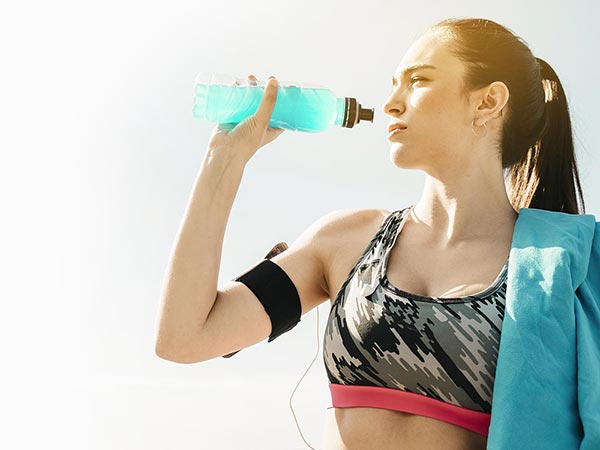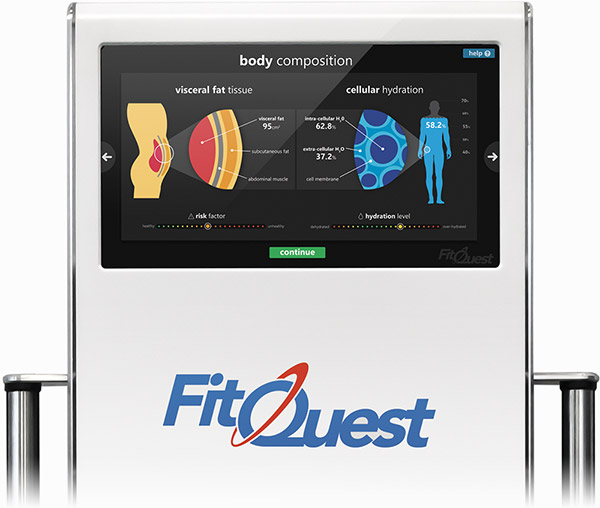How water helps our body
On average the human body is made up of approximately 60% water (Buxtonwater.co.uk, 2018) and it is present in most parts of the
body. Water is important for many reasons such as carrying nutrients and waste products between our major organs,
helping to regulate body temperature, lubricating our joints and acting as a shock absorber. Increasing our
water intake can also help with weight loss because of an increased metabolism. Studies have shown that it can increase our metabolism by up to 30% (Boschmann et al., 2003).
Intra vs Extra Cellular Hydration
Intra-cellular water refers to the water which is within our cells. These cells are where most of the important bodily processes take place, as such intra-cellular fluid makes up around 2/3 of our total body water. Extra-cellular water is the water outside the body’s cells including in our blood. The main function of extra-cellular fluid is the exchange of substances
to the body’s cells.
What happens when we are dehydrated?
When we don’t drink enough water, this can cause headaches, muscle fatigue, tiredness and reduced
cognitive function. This is because the body needs water to keep all vital
organs working. Being dehydrated will not only affect your mood and
concentration, but will also reduce the intensity at which you can workout.
This will negatively affect your training and may be a reason you are
struggling to progress towards your goals. Studies have shown that as
little as 2% dehydration can have a negative effect on performance and at 5%
our performance can be affected up to 30% (LIVESTRONG.COM, 2018).
Why measure at a consistent day and time, and before exercise?
 FitQuest uses bioelectrical impedance analysis (BIA) technology to measure body
composition. BIA is influenced by total body water as dehydration causes body fat to be over estimated. Drinking a large amount of water or eating shortly before a test will also cause an over-read in body fat. This is because the body has not had time to absorb the water and food consumed.
FitQuest uses bioelectrical impedance analysis (BIA) technology to measure body
composition. BIA is influenced by total body water as dehydration causes body fat to be over estimated. Drinking a large amount of water or eating shortly before a test will also cause an over-read in body fat. This is because the body has not had time to absorb the water and food consumed.
The ideal time to measure body composition is
2 to 3 hours after eating, before starting your exercise regime and ideally
after emptying your bladder. You should also try to test yourself about the
same time of day to improve repeatability of the tests. Testing after training will have a negative
effect on your results due to a water shift in your body from sweating during
training and the demand for water required by the body to function at high intensities.
Ideal Total Body Water (TBW) %


One simple way to increase our total body water is to make
sure we are drinking enough water throughout the day. Genetics, body
type and energy expenditure are all factors which effect how much water a
specific individual needs. Aim to drink between 2 and 4 litres of water every day, gradually over the course of the day. Make this part of your lifestyle, not just a short term solution.
Non-fat parts of the body are roughly 75% water compared to
10% water in fatty tissues. Therefore, people who have high levels of fat may
have a low total body water percentage and will not be able to improve this
without reducing fat levels.
Taking part in regular exercise, in particular strength training, can increase your total body water. Muscle tissue has a higher water content, thus a greater muscle mass requires the body to hold more water.
